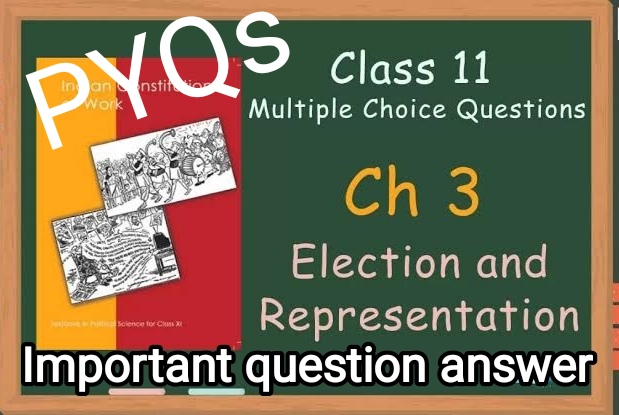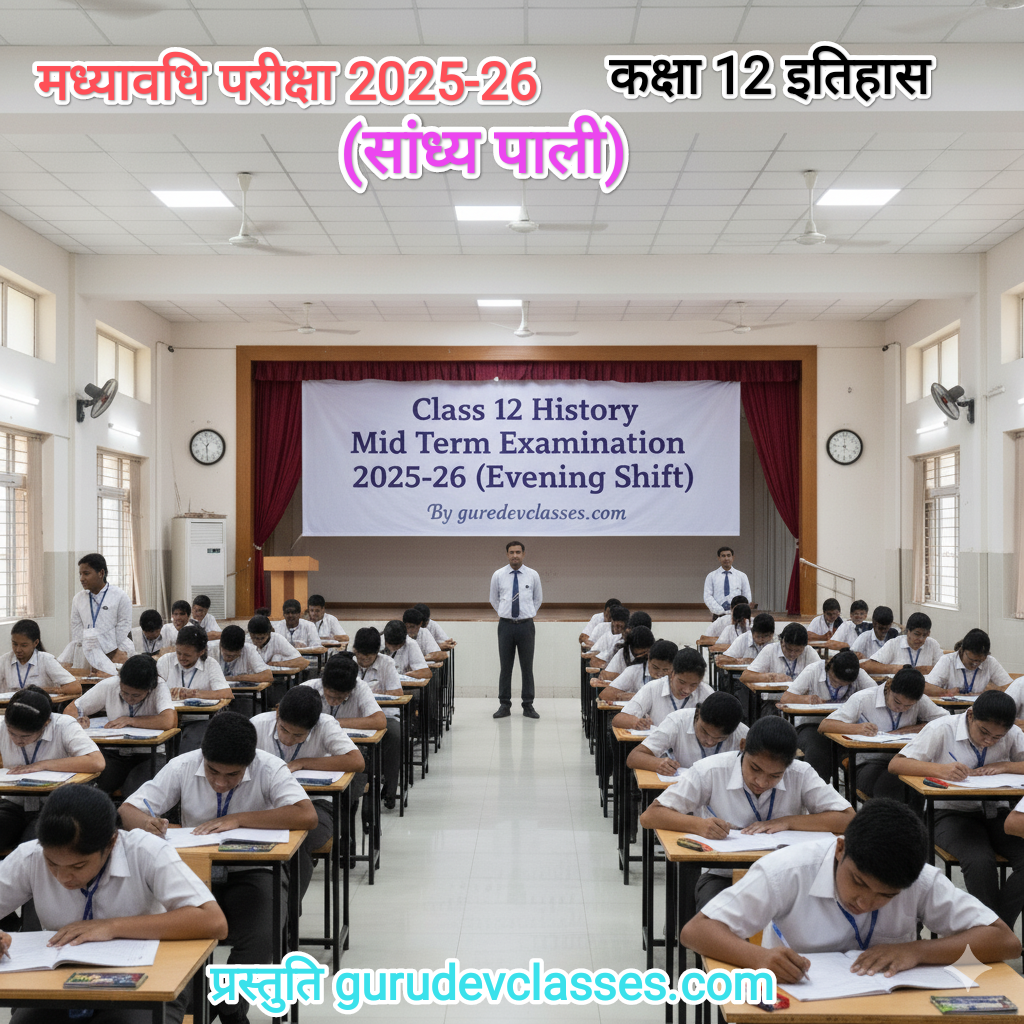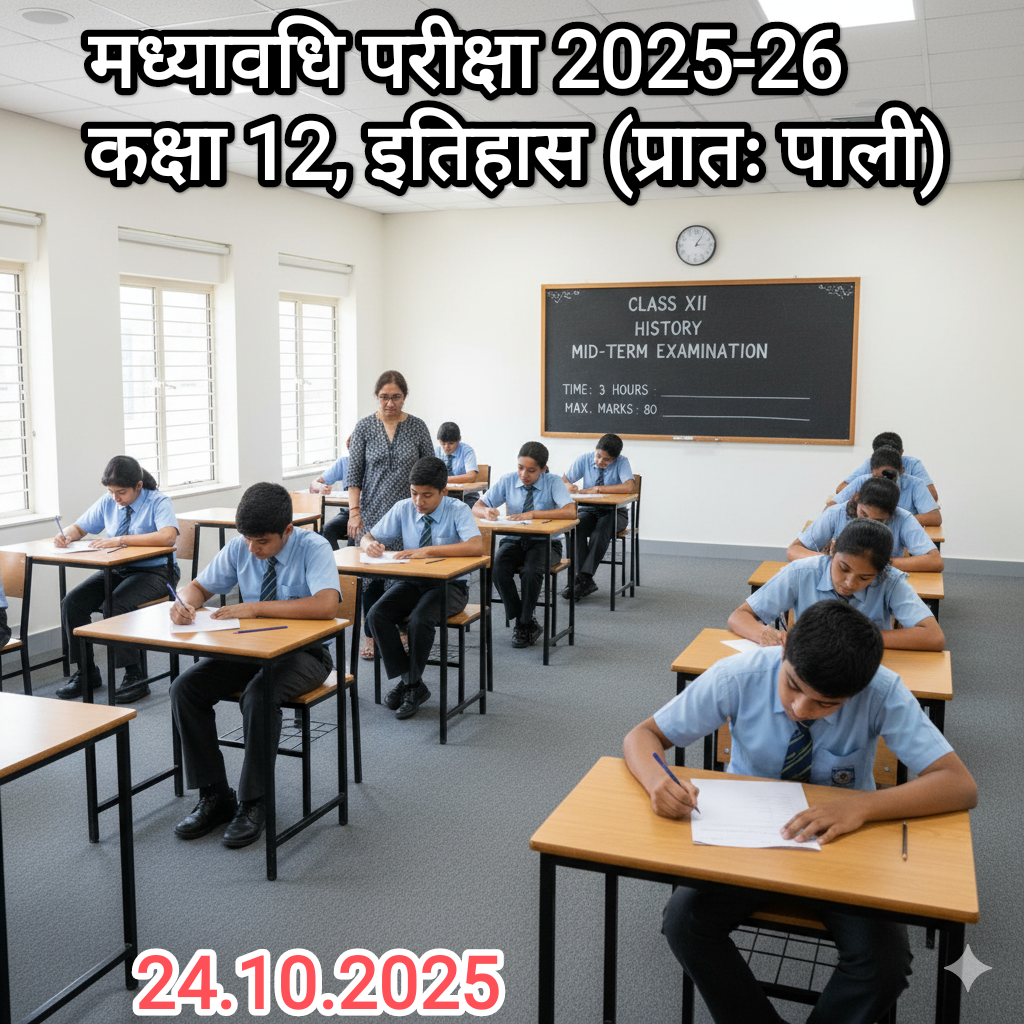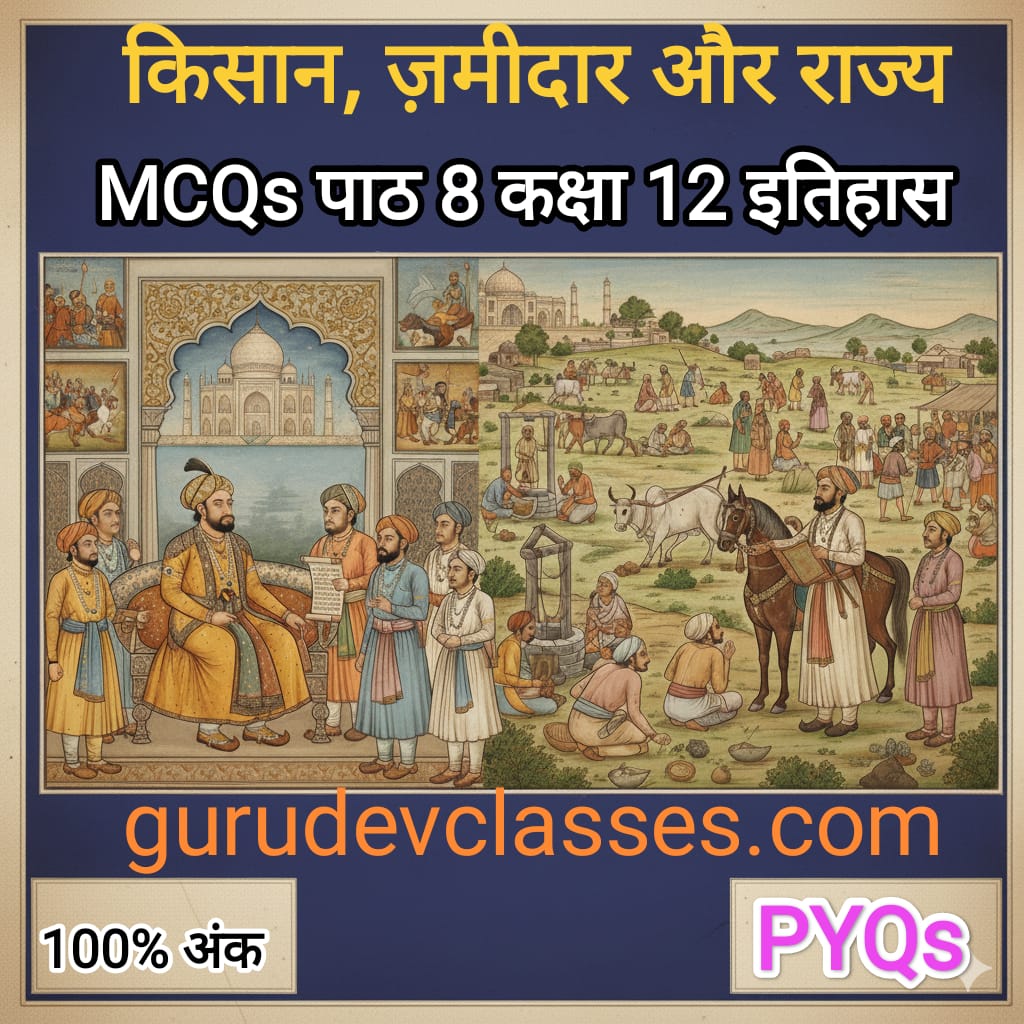CBSE Board PYQs – 2 Marks & 6 Marks Questions
🔹 2 Marks Questions (with Years & Answers)
Q1. What is the meaning of Universal Adult Franchise?
(Asked: 2002, 2010, 2018)
Answer:
- Universal Adult Franchise means every adult citizen of India (18 years and above) has the right to vote irrespective of caste, religion, gender, wealth, or education.
- It ensures political equality in democracy.
Q2. Mention two methods of Election System in India.
(Asked: 2001, 2014, 2022)
Answer:
- First Past the Post (FPTP) – Candidate who secures maximum votes wins.
- Proportional Representation (PR) – Seats are allocated on the basis of proportion of votes secured by parties.
Q3. Define Proportional Representation.
(Asked: 2003, 2008, 2017)
Answer:
- A system in which seats in legislature are allocated according to proportion of votes obtained by political parties.
- It is used in elections for Rajya Sabha and President in India.
Q4. What is the significance of the Election Commission of India?
(Asked: 2005, 2012, 2019)
Answer:
- Election Commission conducts free and fair elections in India.
- It is an autonomous body to ensure democracy is not undermined.
Q5. What is a Reserved Constituency?
(Asked: 2004, 2011, 2021)
Answer:
- A constituency reserved for Scheduled Castes (SC) or Scheduled Tribes (ST) candidates.
- This ensures political representation of marginalized communities.
Q6. Why do we need elections in a democracy?
(Asked: 2000, 2015)
Answer:
- Elections provide a mechanism for people to choose their representatives.
- They ensure accountability of the government to the people.
Q7. Mention two shortcomings of FPTP system.
(Asked: 2007, 2016)
Answer:
- A candidate may win even without majority votes.
- Smaller parties and minorities often remain underrepresented.
Q8. What is meant by Electoral Constituency?
(Asked: 2009, 2018)
Answer:
- A geographical area from which voters elect their representative.
- Example – Lok Sabha has 543 constituencies.
Q9. Who can remove the Chief Election Commissioner?
(Asked: 2013, 2020)
Answer:
- The President of India can remove the CEC.
- Removal procedure is same as that of a Supreme Court judge (proved misbehavior/incapacity).
Q10. State two functions of the Election Commission of India.
(Asked: 2006, 2017)
Answer:
- Conduct and supervise free and fair elections.
- Allot election symbols and regulate political parties.
🔹 6 Marks Questions (with Years & Answers)
Q1. Explain the merits and demerits of FPTP system in India.
(Asked: 2002, 2011, 2018)
Answer:
Merits:
- Simple and easy to understand.
- Promotes stable governments.
- Encourages accountability of elected representatives.
Demerits:
4. Candidate may win without majority.
5. Small parties/minorities underrepresented.
6. Encourages regionalism and vote-bank politics.
Q2. Explain the main functions of the Election Commission of India.
(Asked: 2004, 2010, 2019)
Answer:
- Conduct and supervise free and fair elections.
- Prepares and updates electoral rolls.
- Allots symbols to political parties.
- Monitors election expenditure.
- Ensures Model Code of Conduct is followed.
- Declares election results and settles disputes.
Q3. Why is Proportional Representation system not adopted for Lok Sabha elections in India?
(Asked: 2003, 2009, 2022)
Answer:
- PR is complicated and difficult to understand for common voters.
- India is a large country; counting and seat allocation would be very complex.
- FPTP provides stable majority governments, PR may cause coalition instability.
- PR gives more importance to parties than candidates.
- It may increase fragmentation of political system.
- Hence, FPTP is more practical for India’s diverse society.
Q4. What are the major challenges to free and fair elections in India? Suggest reforms.
(Asked: 2005, 2014, 2021)
Answer:
Challenges:
- Role of money and muscle power.
- Criminalization of politics.
- Misuse of government machinery.
- Booth capturing and vote-buying.
Reforms:
5. Strict monitoring of election expenditure.
6. Use of EVMs and VVPAT for transparency.
Q5. What are the main provisions of Universal Adult Franchise in India? Why is it significant?
(Asked: 2001, 2008, 2016)
Answer:
- Every citizen of India aged 18 and above can vote.
- No discrimination on the basis of caste, religion, gender, or property.
- One person, one vote, one value principle.
- Ensures political equality.
- Strengthens democracy and inclusiveness.
- Provides voice to weaker sections.
Q6. Explain the importance of elections in a democracy.
(Asked: 2007, 2015, 2019)
Answer:
- Elections give people the right to choose their representatives.
- They ensure peaceful transfer of power.
- They make governments accountable.
- They allow citizens to express grievances.
- Strengthen legitimacy of democratic system.
- Promote equality by giving equal value to each vote.







